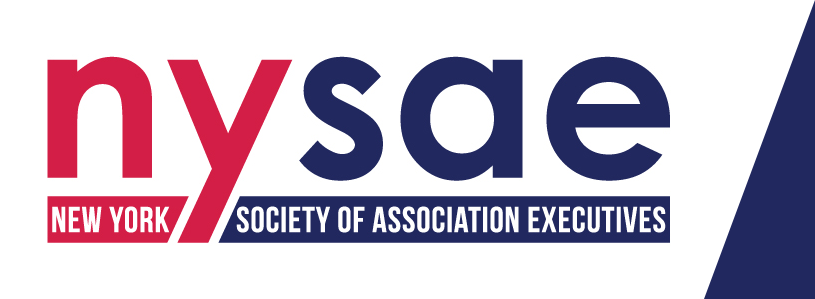Print this Article | Send to Colleague
Ask the Expert
Q. I’m new to my role as director. I’m noticing my Board is either laid back during their board meetings or simply untrained. They’re not taking the time to review and approve the minutes. When I made sure it was on the agenda, my president asked me to handle, for me to ask for the motions and vote. They’re also asking me to give the financial report and go through the agenda items, asking each committee to report. Shouldn’t this all be done by the president? What can I say or point to regarding their responsibility?
A. Boards do have fiduciary duties to the organization; the duties of care, loyalty and obedience. Board members also have responsibilities in preparing for and participating in Board meetings, however none of these duties or responsibilities require the President or Chair to actually manage the meeting. Volunteer Boards vary in their desire and ability to effectively lead and manage a meeting. Often times the President or Chair will ask the Executive Director to lead the meeting once it has been called to order. If the meeting is being conducted under Robert’s Rules of Order, the Chair may not be sure of the proper procedure and therefore will delegate that function to the Executive Director or a designated Parliamentarian. Unless the organization has bylaws or procedures that require the meeting to be led by the officer, I see no reason why it can’t be delegated to the Executive Director. In fact, if you are concerned about whether proper procedure is being followed, managing the meeting may be the best way to address that issue. In addition, it will go a long way in adding to the value you provide as an Executive Director. Last, it seems that a Board Orientation and Training Program would be a good way to reinforce the duties, responsibilities and expectations of a Board member.

Ralph Vasami, Esq.
President, Kellen
Ralph has a broad background in engineering, business management, operations, finance, strategic planning and law. He is regularly called upon to facilitate client strategic planning meetings. Ralph received a Bachelor of Science degree from New York University and a law degree from Pace University. He is a member of the New York State Bar.

